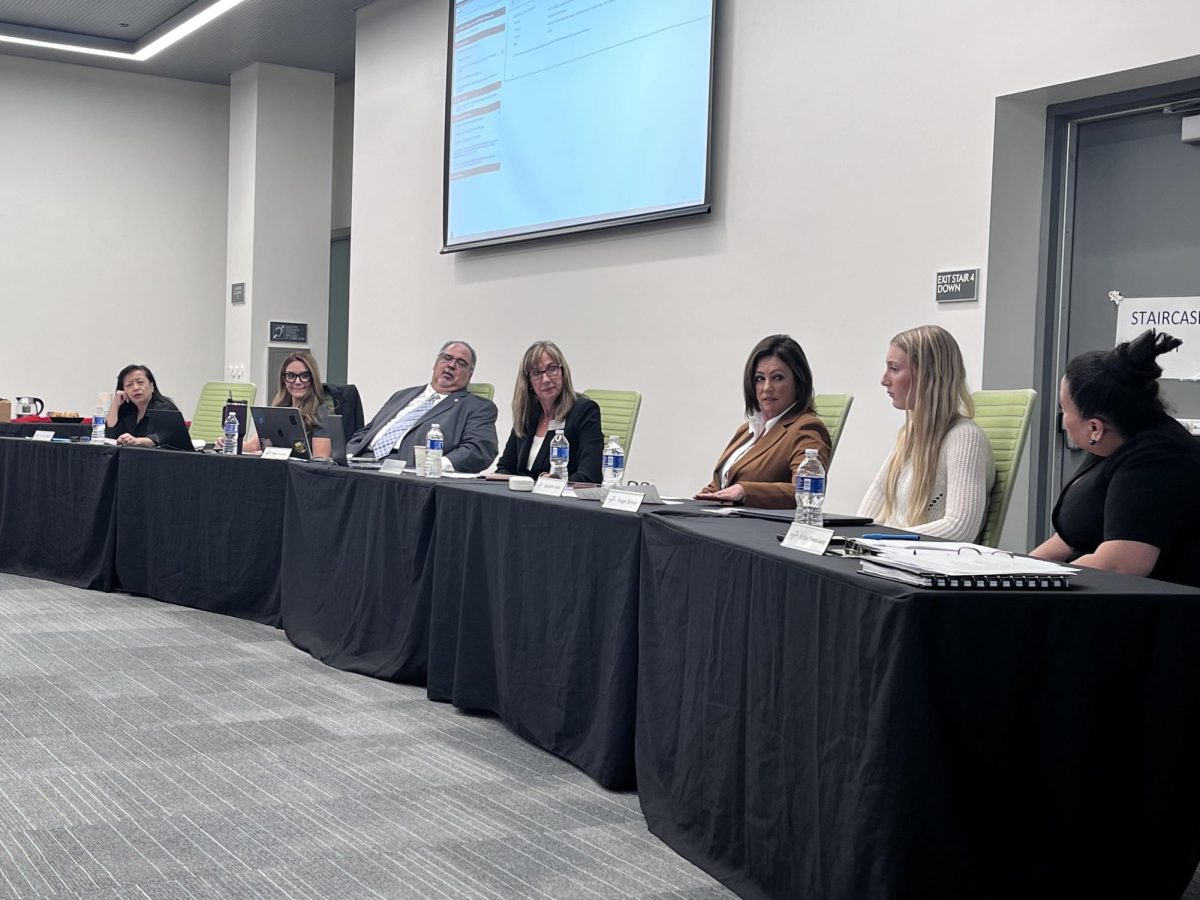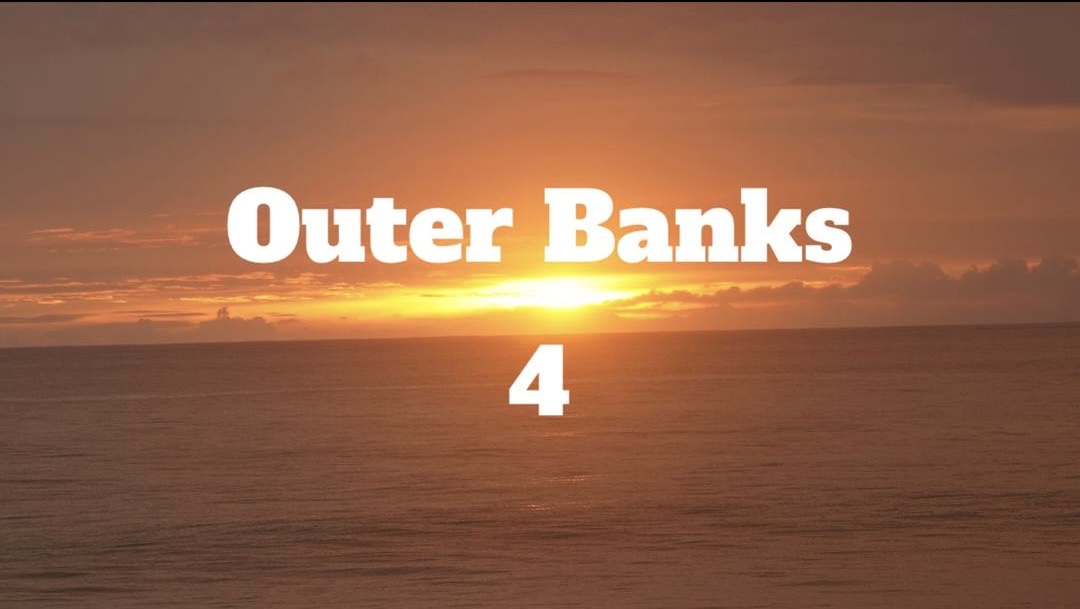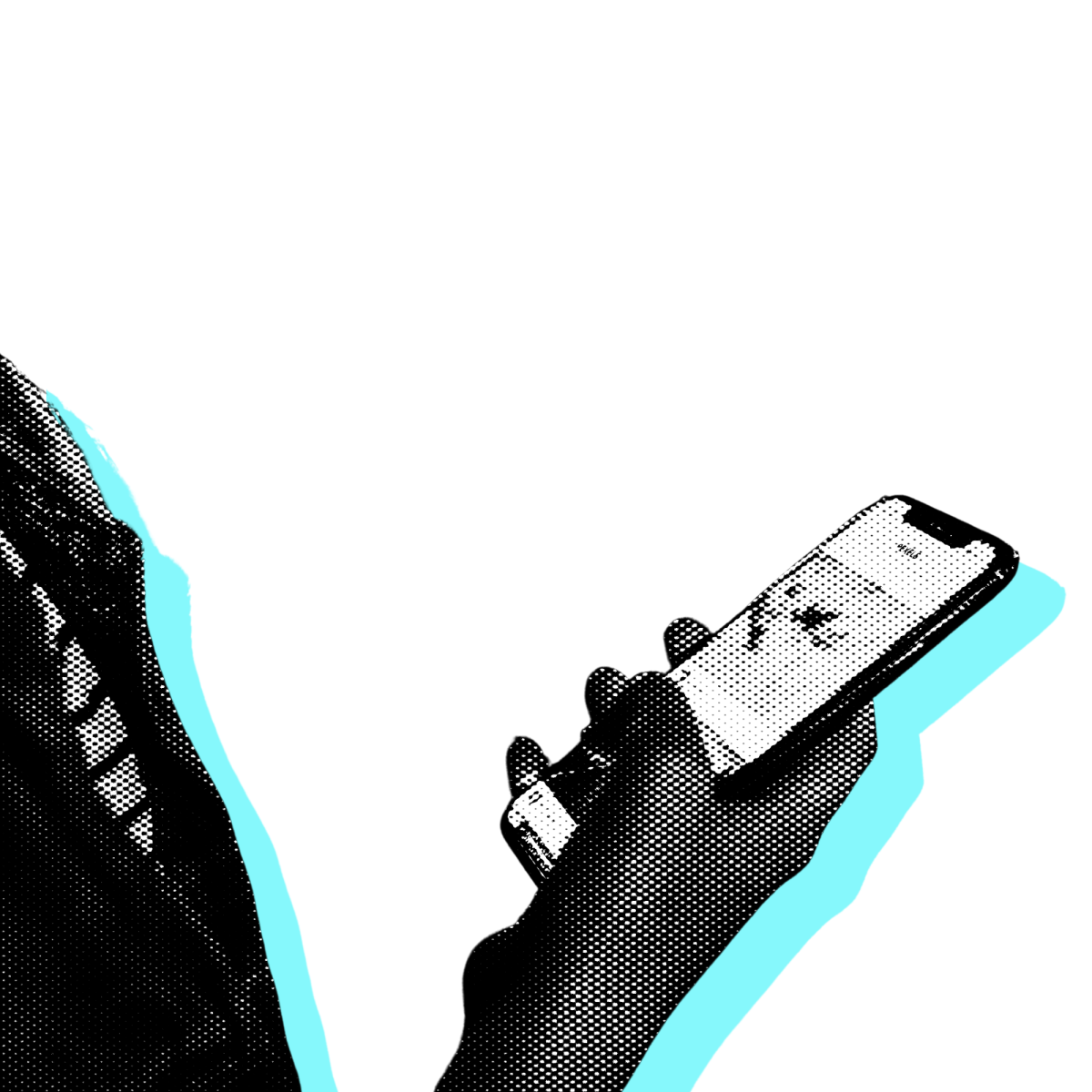Online piracy in the digital age is frequent and misunderstood. People tend to assume that if something is online, it is okay to view that material. Uploading of material or media that you do not own the rights to can get you in trouble with the FBI, fined, and could even end in a jail sentence. The lines between legal and illegal uploading can become blurred all too quickly.
The first four episodes of the hotly anticipated new season of “Game of Thrones” were leaked sometime between 9 p.m. and 10 p.m. the night before the first episode was set to air. This caused quite a stir and was all over social media. For too many, the allure of new episodes outweighed their judgment. Piracy tracking firm Excipio said that nine hours after the episodes were posted, they had reached more than 550,000 downloads worldwide, soaring to 778,985 downloads a full 12 hours after their all-too-early release. By 5 p.m. the next day, only an hour before the official East Coast premiere, downloads were up to 1.7 million worldwide.
“Game of Thrones” is the most pirated TV show ever, according to security firm Irdeto.
Television shows are transferred illegally onto the internet within minutes of their first broadcasting. To discourage acts such as these, the first episode of “Game of Thrones” season five was simulcast in 170 countries.
The king himself, “Game of Thrones” producer Greg Spence, remarked that the show is being filmed all over the world (in exotic locales such as Spain, Croatia, Northern Ireland) and files are being sent back and forth. The editors of the show must provide written confirmation that they have deleted the files once they are done with them.
All files being transmitted are watermarked with special identification information. The leaked episodes were legitimate copies, with the watermarks blurred out. HBO released a statement saying that “it seems the leaked four episodes of the upcoming season of ‘Game of Thrones’ originated from within a group approved by HBO to receive them. We’re actively assessing how this breach occurred.”
It is very common for companies to release advanced copies of shows and movies to reviewers and reporters. These copies are often called screeners and have watermarks unique to each copy. That way, if it is posted online, the company will be able to trace it back to the owner of the screener.
Jeff Bewkes, the CEO of HBO’s parent company Time Warner Cable, remarked in 2013 that piracy contributes to hype about “Game of Thrones” and was “better than an Emmy” for publicity.
That being said, the team at “Game of Thrones” took every precaution they could with the new season and a trusted partner of HBO leaked the files anyway. However, Bewkes was right about publicity. “Game of Thrones” would have been discussed at length even without the leaks, but as it stands “Game of Thrones” is enjoying increased discussion and publicity. Every website equipped to handle news stories has run something in regards to the cyber attack on “Game of Thrones.”
Leaked files are becoming much more ubiquitous and are coming from very high-profile users. It is time for large companies to start taking precautions against attacks of this nature and creating plans for when they happen. When people go online, they tend to assume that they are anonymous, forgetting that everything they do on the internet can be traced directly back to their devices. The bottom line is that in a binary world lived on a screen and transmitted through ones and zeroes we will all have to be a lot smarter about how we handle ourselves online and what we download.























































